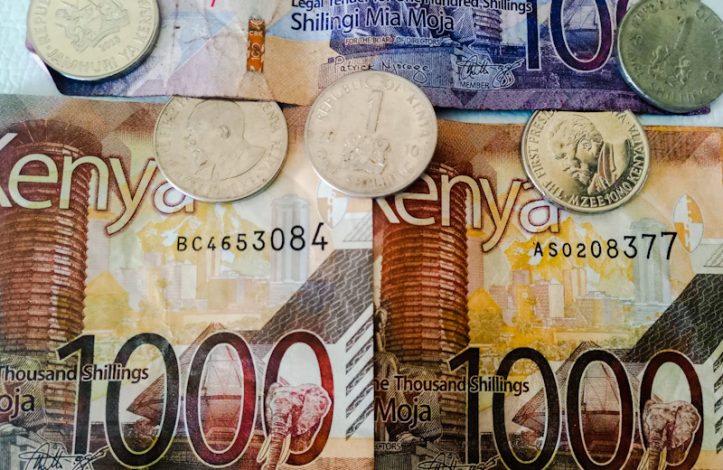Kenya’s shilling continues to demonstrate resilience amidst global economic uncertainties according to the Central Bank of Kenya (CBK).
The Kenyan shilling strengthened by 0.4 per cent against the US dollar compared to the beginning of May. (KSh 130.48 per USD on May 16th vs. KSh 131.25 on May 9th).
The appreciation has been attributed to strong foreign exchange reserves maintained at USD 7.13 billion (covering 3.8 months of imports).
“The usable foreign exchange reserves remained adequate at USD 7,130 million (3.8 months of import cover) as of May 16. This meets the CBK’s statutory requirement to endeavour to maintain at least 4 months of import cover,” the CBK said in its weekly bulletin.
On a year-to-date basis, the shilling has appreciated by 16.7 per cent against the dollar, a contrast to the 26.8 per cent depreciation recorded in 2023.
However, Cytonn Investments says, “Kenya’s forex reserves decreased by 0.7 per cent during the week to USD 7.1 bn from USD 7.2 bn recorded the previous week, equivalent to 3.8 months of import cover same as the previous week, and remained below the statutory requirement of maintaining at least 4.0-months of import cover.”
In April, the Kenyan shilling experienced fluctuations, weakening slightly.
The CBK attributes the recent stability to reduced demand for US dollars globally. In addition to the continued high levels of diaspora remittances (USD 4,380.5 million over the past year) and increased tourism revenue (USD 352.5 billion in 2023).
The National Treasury collaborates this through its third Quarterly Economic and Budgetary Review, where it cited resilient diaspora remittance, adequate foreign reserves and export earnings.
“The appreciation of the Kenyan Shilling is due to the impact of de-risking of the 2024 Eurobond through 1.5 billion Dollars issuances thereby removing the settlement risk but also forex inflows from the Government infrastructure bond of February 2024, which was oversubscribed by 412.4 per cent,” read the statement in part.
A stable shilling helps control inflation and encourages foreign investment.
“Indeed, currency expectations still seem unanchored as the USD/KES struggles to find its footing. The balance could be struck around the current levels into month-end,” NCBA Market May Monthly Note stated.




